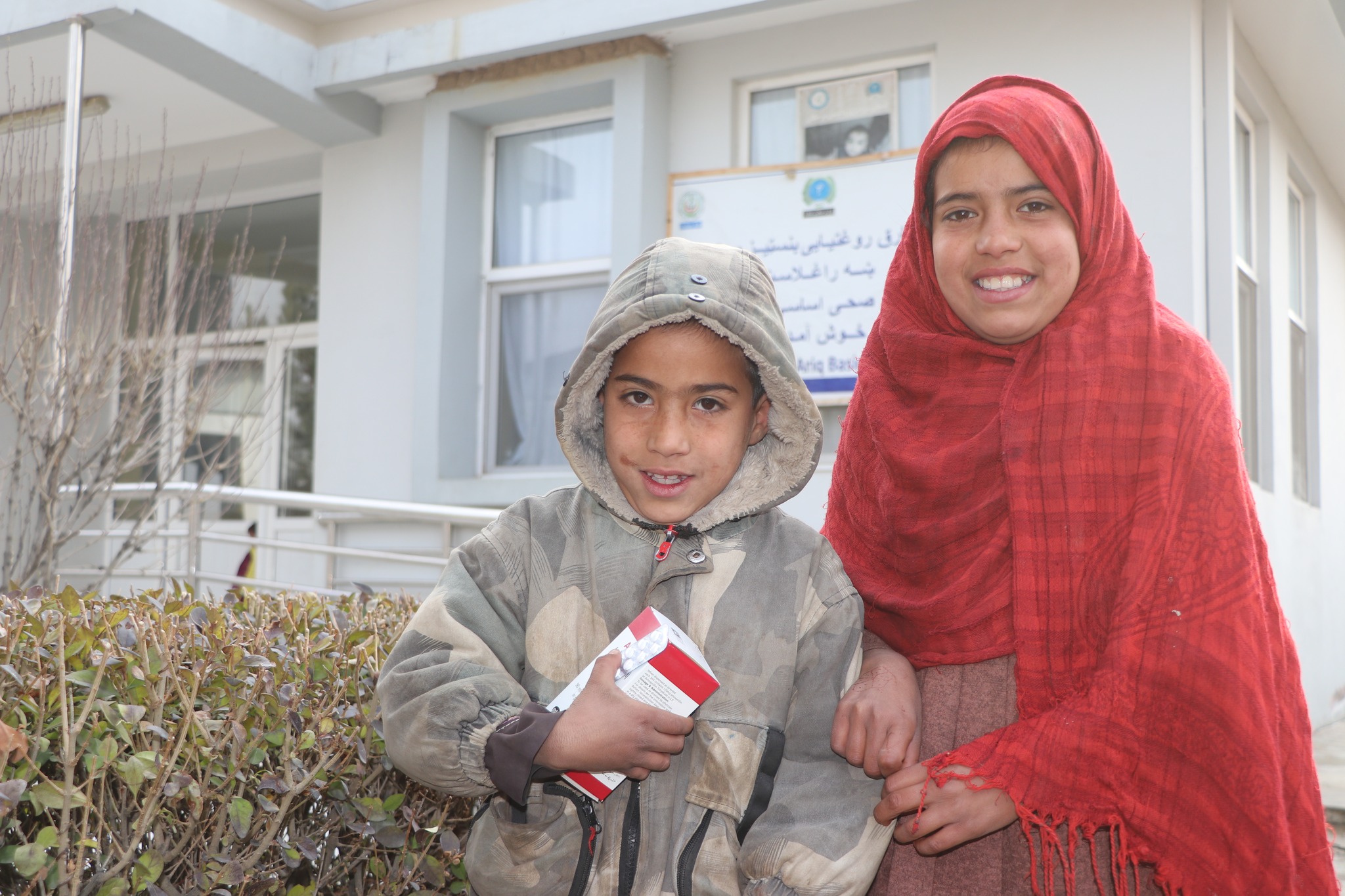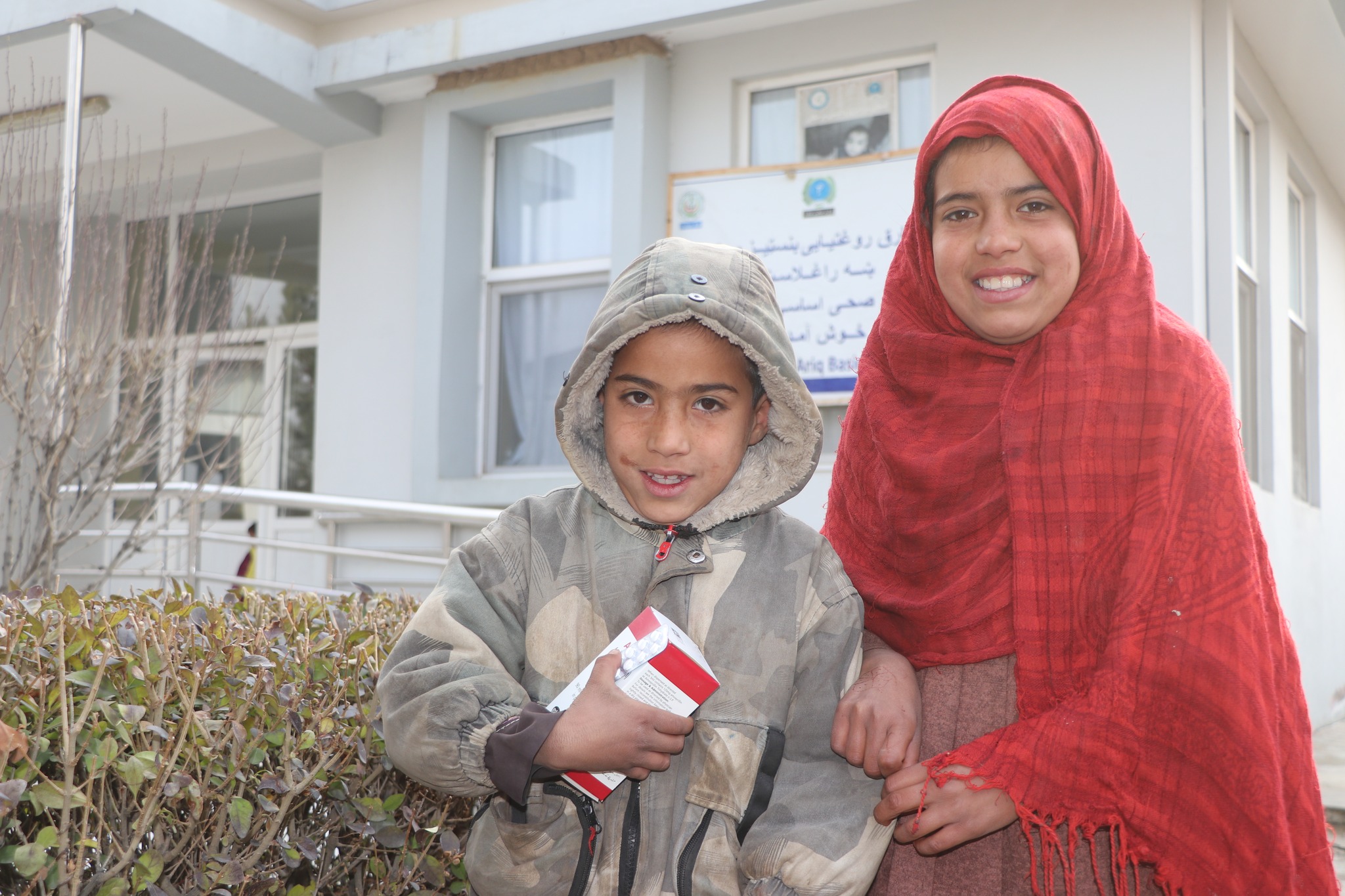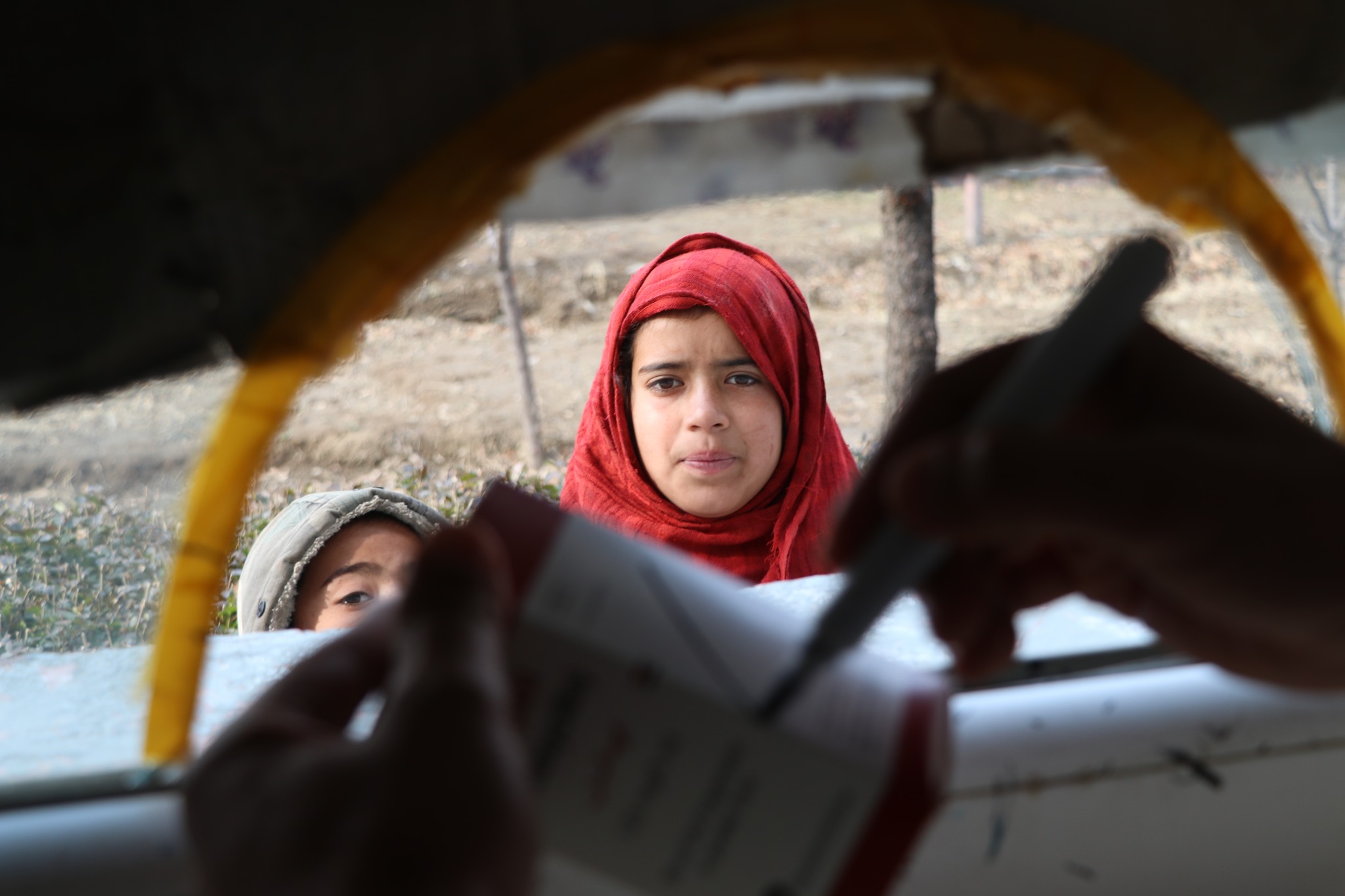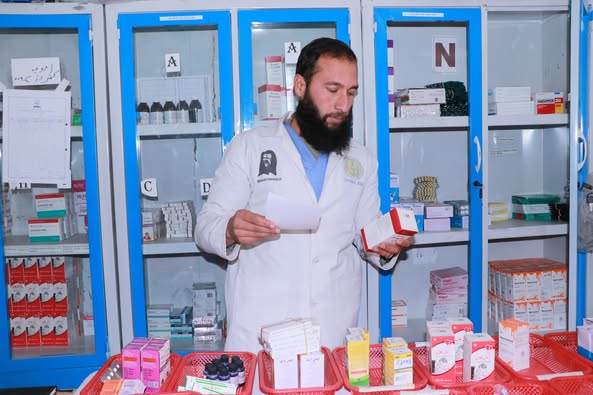OPD & Drug distribution Process in Union Aid BHCs
The process of Outpatient Department (OPD) and drug distribution in Basic Health Centers (BHCs) typically involves several key steps:
1. Patient Registration
- Arrival: Patients arrive at the BHC and register at the reception.
- Documentation: Personal information, medical history, and reason for visit are recorded.
2. Triage
- Assessment: A healthcare worker assesses the patient's condition to prioritize care based on urgency.
- Referral: If necessary, patients may be referred to specialists or higher-level care facilities.
3. Consultation
- Clinical Examination: A healthcare provider conducts a thorough examination.
- Diagnosis: Based on the findings, a diagnosis is made.
4. Treatment Plan
- Prescription: The healthcare provider creates a treatment plan, which may include medications, lifestyle changes, or further tests.
- Counseling: Patients receive counseling about their conditions and treatment options.
5. Drug Distribution
- Pharmacy Dispensing: Prescriptions are sent to the pharmacy within the BHC.
- Medication Preparation: Pharmacists prepare the prescribed medications.
- Patient Education: Patients are educated on how to take their medications, potential side effects, and the importance of adherence.
6. Follow-Up
- Appointment Scheduling: Patients may be scheduled for follow-up visits to monitor their progress.
- Record Keeping: Patient records are updated with treatment details and any follow-up actions required.
This process aims to provide efficient, accessible healthcare services while ensuring that patients receive the necessary medications and follow-up care. Coordination among healthcare providers, pharmacists, and administrative staff is crucial for optimal patient outcomes.




